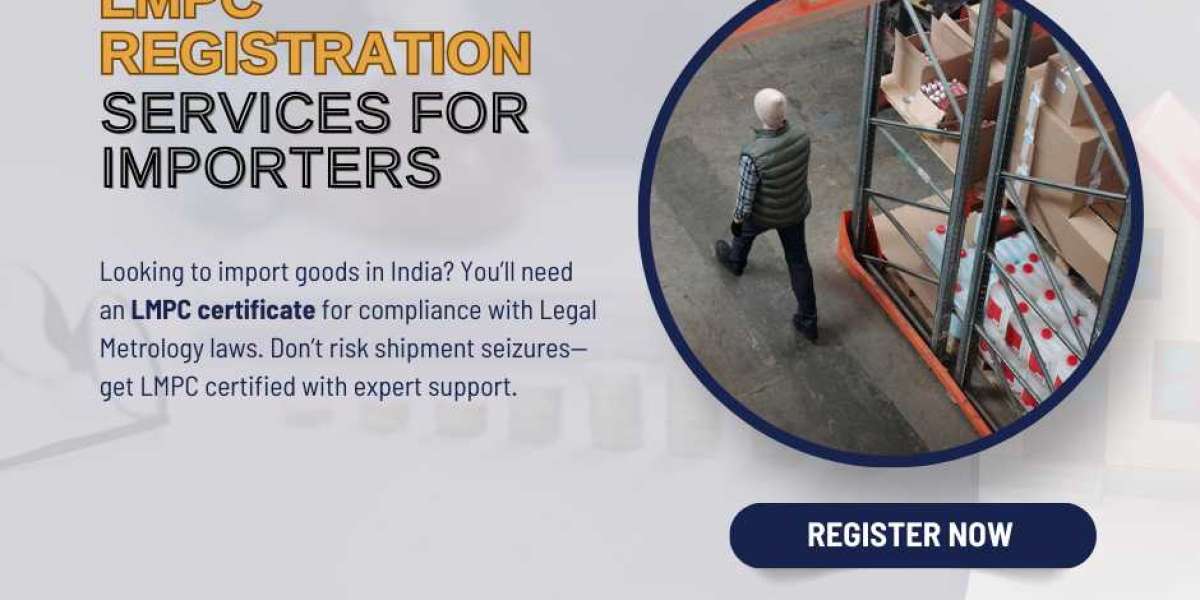Understanding Marketplace Liability
Traditionally, online platforms were considered mere intermediaries that connected buyers and sellers. Their role was limited to providing the digital infrastructure, and they were not held liable for the quality, authenticity, or legality of the products sold. However, with the surge in counterfeit goods, misleading advertisements, and non-compliance with consumer rights, regulators worldwide have shifted their focus toward holding platforms more accountable.
In India, the Consumer Protection (E-commerce) Rules, 2020 impose obligations on e-commerce entities, including disclosure of seller details, grievance redressal mechanisms, and ensuring that no unfair trade practices are carried out on their platforms. Globally, laws like the EU Digital Services Act and the U.S. INFORM Consumers Act have further strengthened accountability frameworks.
Responsibilities of Online Marketplaces
Online platforms now play a dual role—as facilitators and as gatekeepers of compliance. Their key responsibilities include:
Seller Verification – Platforms must ensure that third-party sellers are properly verified, with valid business registrations, tax numbers, and product certifications.
Transparency in Listings – Accurate product descriptions, pricing, and warranty information must be displayed to protect consumer interests.
Consumer Grievance Mechanism – Establishing quick dispute resolution systems and customer support is crucial to handle complaints effectively.
Compliance with Taxation and Licensing – Platforms are expected to ensure sellers comply with GST, BIS certification, FSSAI licensing, and other statutory requirements depending on the product category.
Prohibition of Counterfeit and Illegal Goods – Marketplaces must actively monitor and remove listings of prohibited or non-compliant products.
Liability Concerns for Third-Party Sellers
While marketplaces face growing scrutiny, third-party sellers themselves remain primarily responsible for their products and services. They must adhere to quality standards, labeling rules, intellectual property rights, and safety regulations. Non-compliance not only results in penalties but also risks delisting from platforms and legal actions under consumer protection and trade laws.
Balancing Innovation with Compliance
The regulatory tightening aims to protect consumers without stifling innovation in digital commerce. Marketplaces that proactively adopt compliance-driven strategies not only safeguard themselves from liability but also gain consumer trust. Sellers, on the other hand, need to understand that compliance is not a barrier but an enabler of long-term business growth in a competitive e-commerce landscape.
How Agile Regulatory Can Help
Navigating the complex maze of regulatory compliance can be challenging for both online marketplaces and sellers. Agile Regulatory offers expert consultancy services for obtaining licenses, certifications, and registrations such as BIS, FSSAI, EPR, and company registrations. Our team ensures that businesses meet the latest legal requirements, avoid penalties, and build consumer trust. Whether you are a seller entering an e-commerce platform or a marketplace operator managing multiple vendors, Agile Regulatory provides end-to-end compliance solutions tailored to your business needs.








